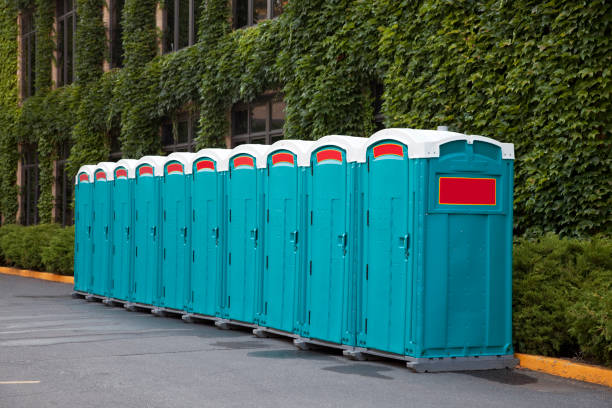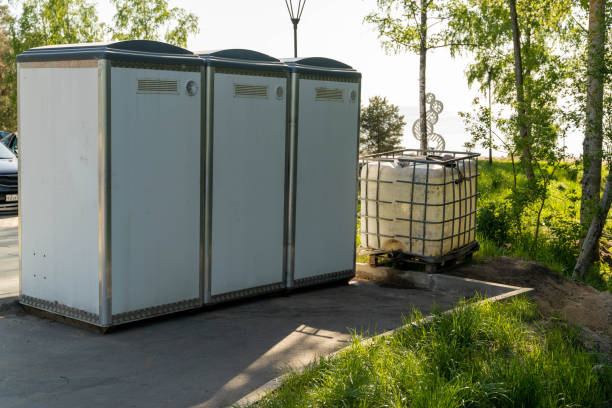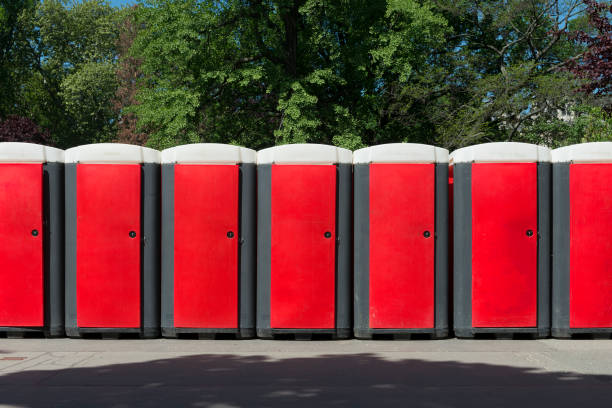6 Reasons Why Unit Selection Matters for Your Birmingham, MI Needs
- Guest Comfort: Appropriate and clean units significantly enhance the experience for event attendees in Birmingham, MI.
- Site Compliance: Construction sites and public events in Birmingham, MI often have regulations regarding restroom facilities and ADA access.
- Event Type & Duration: A short construction job has different needs than a multi-day festival or an upscale wedding.
- Budget Considerations: Different unit types come with varying rental costs.
- Hygiene Standards: Ensuring adequate hand washing or sanitizing options is key.
- D & F Portable Toilets Expertise: We guide Birmingham, MI clients to the best solutions based on their specific requirements.


Our Portable Sanitation Solutions in the Birmingham, MI Area
D & F Portable Toilets provides a variety of rental options locally:
- Standard Portable Toilets: Cost-effective solution for construction sites, parks, and basic outdoor events.
- Deluxe Event Units: Upgraded features like hand sanitizer, mirror, and coat hook; ideal for parties and public gatherings.
- ADA-Compliant Restrooms: Spacious, wheelchair-accessible units ensuring inclusivity for all guests in Birmingham, MI.
- Luxury Restroom Trailers: Climate-controlled, flushing toilets, running water sinks, lighting – for upscale Birmingham, MI events.
- Hand Washing Stations: Multi-basin units promoting hygiene, crucial for food service areas and larger events.
- Service: Includes delivery, setup, regular cleaning/stocking, and pickup in the Birmingham, MI area.

